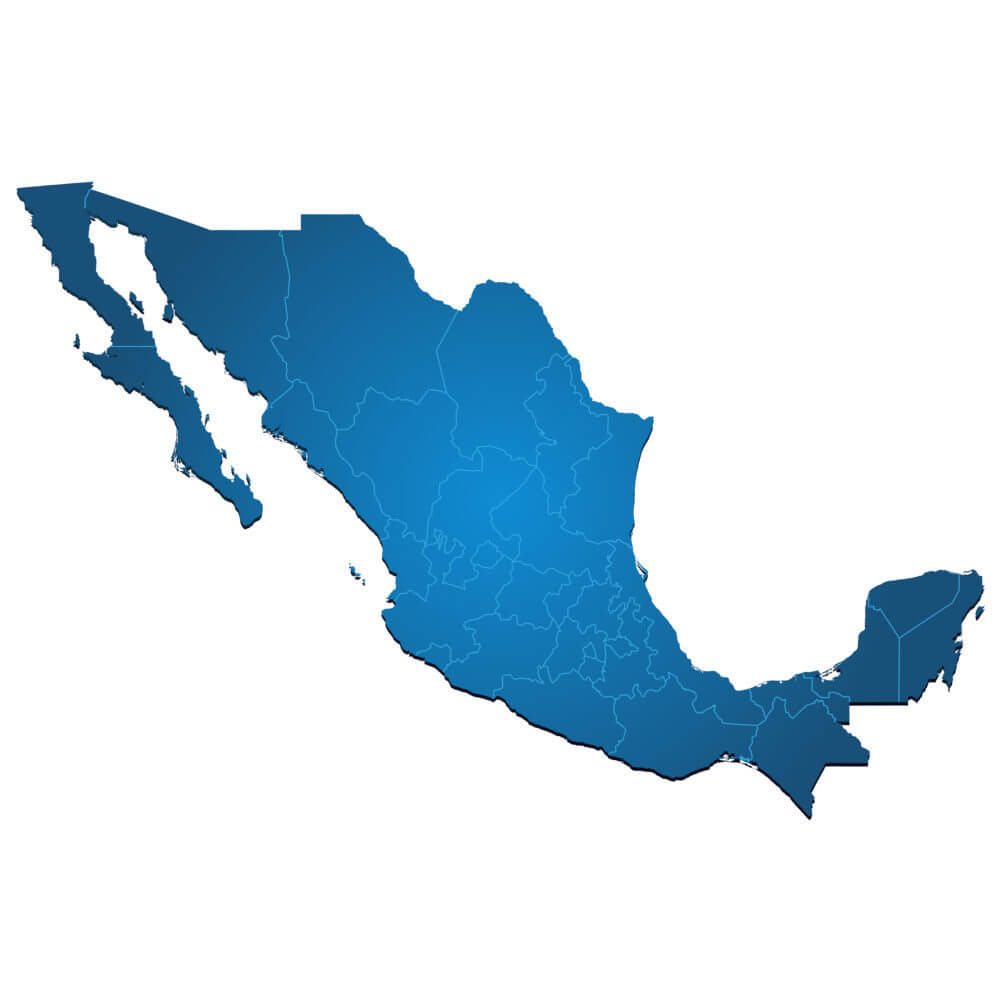Speaker Q&A Series – John Padilla, Managing Director of IPD Latin America
Ahead of Mexican Upstream Forum, Energy Dialogues LLC is running a Speaker Q&A Series to bring first-hand content from our speakers to our network. Monika Simões, Managing Director of Energy Dialogues spoke with John Padilla, Managing Director of IPD Latin America. John will be part of the dialogue both at the Mexican Upstream Forum and hosting a pre-forum natural gas workshop. Recently John was also published on Pulso Energetico, talking about the recent Eni discovery: Check it out here
Please read more below:
Q: What do you see as some the key learnings so far from the Mexican Energy Reform, its focus and priorities and what is it that the international energy community should know when considering investing in Mexico?
A: IPD Latin America: The transformation that has taken place thus far has been tremendous. Yet, there still remains solid work ahead of the government to cement the reform and capture the true potential the market represents in terms of size and activity. The government needs to continue building off of what is working and change laws and rules of the game where they are not. Public auctions have been very successful for the government throughout the energy value chain, but at least on the upstream side, they need to be tweaked to better maximize investment, which represent the country’s best tool to start reversing continuing production and reserves slides.
One of the bright spots of the reform has been the government’s willingness to listen and adapt. It now needs to accelerate that learning curve to ensure that vibrant, dynamic and sustainable markets develop. Bringing in outside technical experts that have experience in liberalized markets and other global know-how, whether temporarily or permanently, will help achieve these objectives. Perhaps the most important thing international investors that have not worked in Mexico need to understand when considering investing in Mexico is that patience is key. Changes may not be happening at the pace everyone wants but Mexico has systematically demonstrated over the past four decades that a slow but steady transformation strategy is its preferred path. Patience, yet hands-on attention to market development, will pay dividends for committed investors. The government has only scratched the surface of the potential energy markets likely to emerge in the country.
Q: What has been the evolution of Mexico’s midstream sector and pipeline system been during the reforms and where are the opportunities ahead?
A: Private sector investment totaling US$ 16 billion has entered the midstream sector since energy reform was passed in December 2013. Mexico’s first import auction recently took place and the SISTRANGAS open season process is currently underway, which are attracting interest but only a fraction of what would be possible if the conditions were optimal. Low natural gas penetration presents an opportunity to large consumers including industrial companies and power plants that may find it more attractive to change their source of supply, whether from other fuels or from supplier. The principal issue being encountered for new entrants continues to be Pemex’s dominant position. Until that is adequately resolved, opportunities will likely remain centered on specific opportunities that market participants identify where they have a specific niche or advantage (e.g. virtual pipelines, distribution, trunk-lines, gas stations), and either are not dependent on Mexico’s State Productive Companies or such involvement is neutral.
Q: What have been the lessons learned so far from the energy reform? Are there parallels from global experience that can be applied to Mexico and how?
A: Mexico analyzed numerous market openings around the globe before passing its 2013 energy reform. And many fundamental aspects of the reform are extremely evident from this homework and patience. One of the issues it now needs to focus on is spending increased resources on both energy literacy and coordination, both at the federal level, but as well at the state and municipality level. If solid cooperation between federal and local officials does not develop, permitting and processes like prior consultation (consulta previa) could quickly start to impede development efforts. Evidence of this is already on display in Oaxaca and most recently in Chiapas. And in this regard, Colombia’s onshore activity provides a vivid lesson of what Mexico needs to avoid from happening.
Q: IPD Latin America will lead a natural gas workshop alongside the Mexican Energy Forum and the Mexican Upstream Forum, hosted by Energy Dialogues end of April in Mexico City. Can you tell us about some of the highlights and expected learning opportunities at the workshop?
Given the massive overhaul of Mexico’s natural gas sector, we have found that even the most actively involved companies with substantial teams struggle to stay abreast of the rapid fire changes that continue to take place in the country. Whether a marketer, transporter, distribution company or industrial off-taker – and whether seasoned or new to the market – the workshop seeks to move beyond the litany of presentations that have been made on the changes underway and instead take a deep dive into the details that will matter for both market participants and those looking to enter the market. The goal is to leave participants with tangible information, tools and insight from a locally-based team that can be utilized immediately to help extract value and solidify strategies.
Q: What do you look forward to as a participant in the Mexico forum series?
A: The level of discussions both on panels and during networking sessions that Energy Dialogues puts together sets it apart from the sea of events we are all bombarded with in Mexico’s energy sector. Mexico is at a key pivot point in the energy reform process with many of the government’s next steps set to dictate how robust the reform remains. I look forward to engaging in these and other relevant discussions at the conference.






